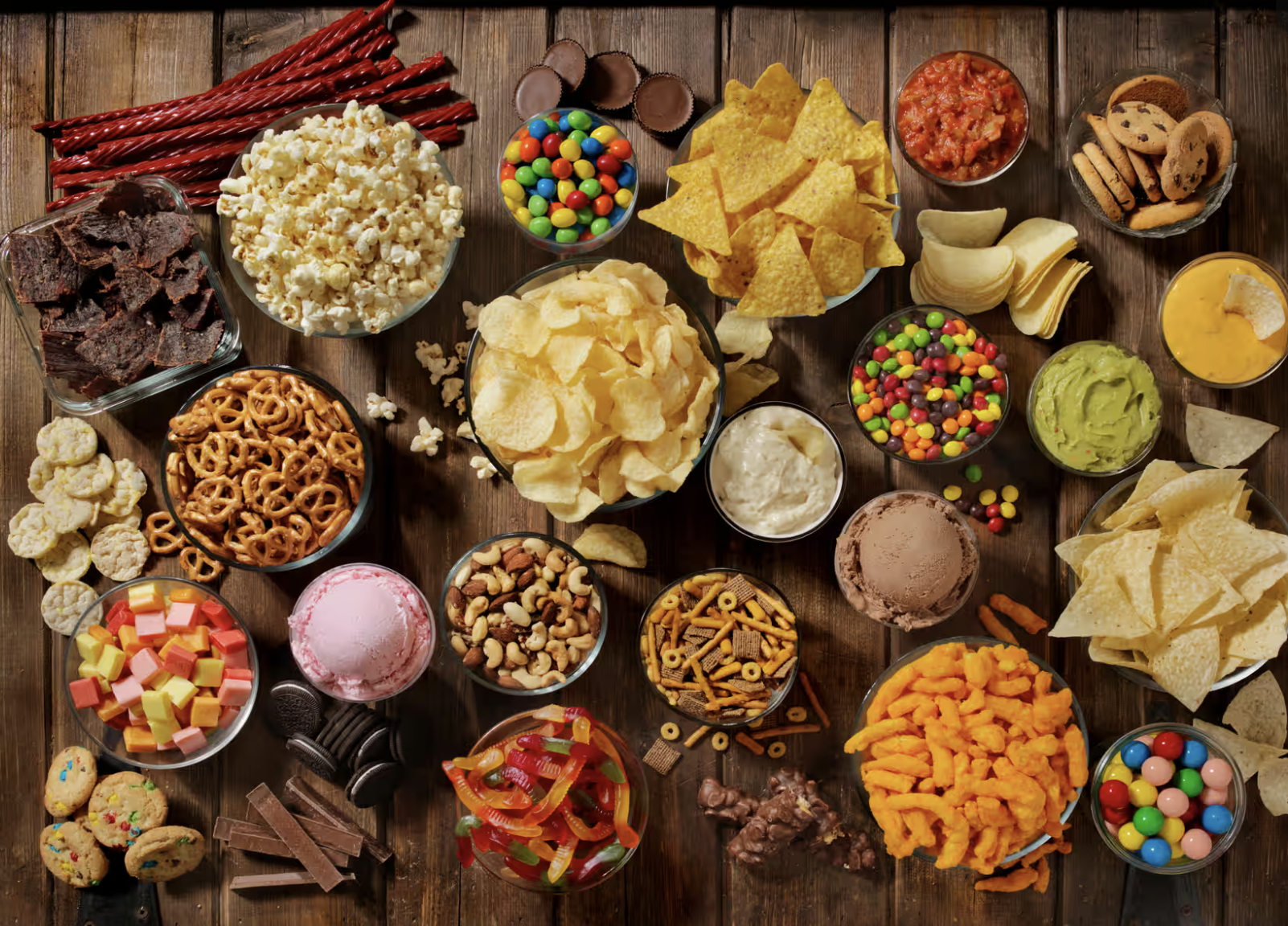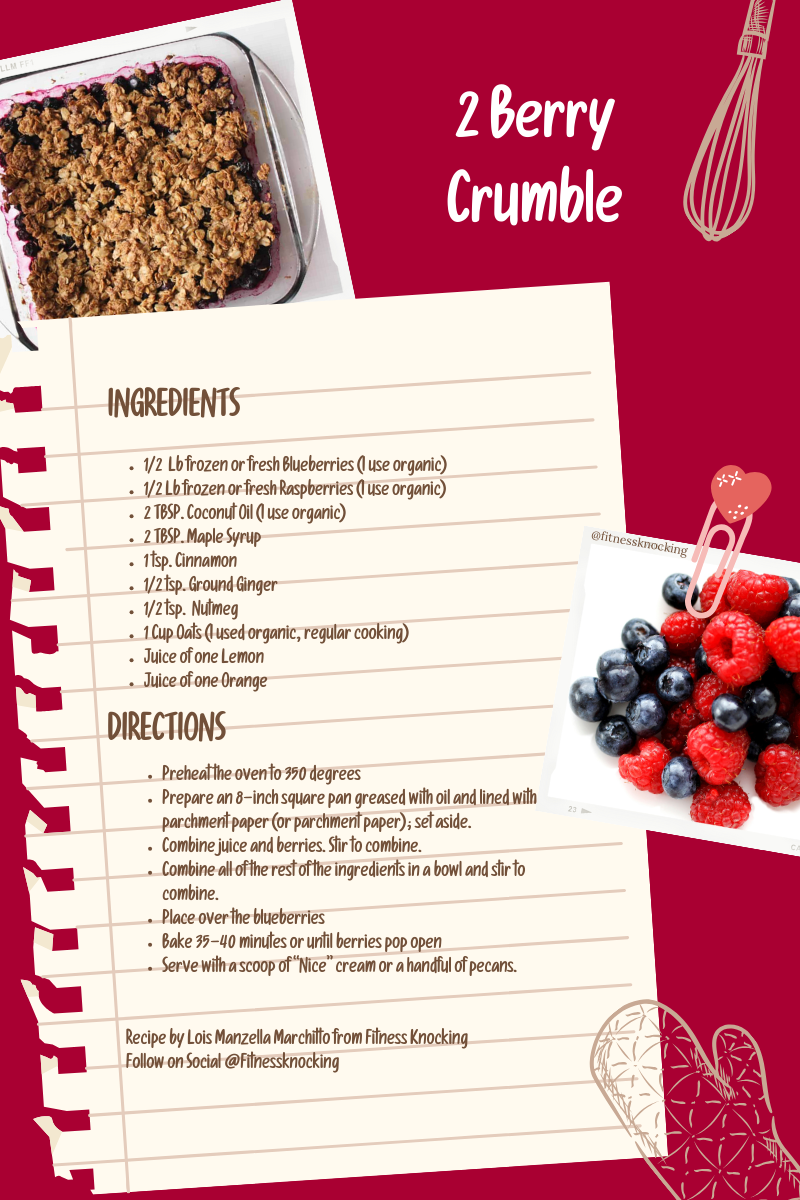
By MaryEllen Zung
Sugar comes in many forms beyond the white powder we often associate it as. Some are claimed to be better than others, and some have names you wouldn’t even recognize on an ingredient label. The whole subject of sugar in the health industry is confusing!
“It’s okay in moderation.”
“Your body isn’t designed to digest sugars.”
“Sugar-free products are always healthy.”
“Artificial sweeteners are worse.”
“You need sugar for energy.”
“Sugar is addictive.”
All of these are common claims to do with sugar, opposing one another. One thing is for certain: We are consuming more sugar in our diets than we EVER have before.
According to the United States Department of Agriculture, the average American consumes 150-170 pounds of refined sugars per year! Compare this to the 4-6 pound yearly consumption of the early 1800s or even the high yearly 90-pound consumption of the 1900s.
You probably think that can’t be right…
That’s A LOT of sugar!
One of the main reasons you may not recognize all the sugar you have in your diet is because it very rarely will say “sugar” on the ingredient lists of the food you buy.
There are about 61 names for added sugar. Instead of the word sugar, you may see dextrose, maltose, glucose, fructose, corn syrup, High Fructose Corn Syrup, corn sweetener, sucrose, sorbitol, sorghum syrup, agave nectar, carbitol, evaporated cane juice, galactose, inversol, rice malt, sorbitol, nectars, and more. In fact, there are over 60 different names for sugar.
A tip in identifying sugars is looking for words with “ose” or “ides” ending and examining the entire ingredients list as often there is more than one type of sugar in a product.
If sugar is already in all the food we eat, then why should we care? It’s not like EVERYONE is sick, right?
The problem with excessive sugar consumption is that most health issues do not manifest immediately, and if they do, they are not usually recognized as being caused by our diets.
Mental illness and behavioral problems are often attributed to other sources beyond diet.
Allergies, arthritis, and migraines are explained by our environment, stress levels, and response to medication. Immune disorders, degenerative diseases, diabetes, and cancer take time to diagnose, and most people aren’t grabbing their food journals at this point to search for the connection.
However, there is more research being conducted on the effects of sugar on human health by the day and it’s not looking too great for sugar’s case.
While sugar is very obviously a negative contribution to our health and lives, not all sugars are created equally. Some are much worse for us than others, and of course, vice versa. Let’s go through some sugars that should definitely be avoided as much as possible, as well as some recommended alternatives.
If possible, avoid aspartame, sucralose, and HFCS. Let’s look at each one.
Aspartame is a chemical sweetener best known for its appearance in diet sodas. Some people can tolerate it well in the short term, while others report migraines and digestive distress. Regardless of the initial reaction, aspartame has been proved pretty dangerous in isolated situations. For example, the University of Liverpool conducted a study where aspartame was mixed with a common food coloring. The result was clear toxicity to brain cells! Additionally, researchers found that when aspartame breaks down, it creates formaldehyde, a well-known carcinogen.
Sucralose, commonly known as the brand name Splenda, is processed using chlorine! Researchers are also finding that the waste of those consuming this “sugar” can’t be broken down in wastewater treatment centers. Imagine what that means for INSIDE our bodies!
High Fructose Corn Syrup is challenging to avoid as it is found in so many processed food products and drinks. This sweetener plays a huge role in the fat build up in the liver, leptin resistance, and major weight gain. A study even found that high fructose corn syrup is sometimes laced with mercury! Mercury is a heavy metal linked to heart disease and developmental disorders like autism.
If you must have sugar, stevia, coconut sugar, and honey are some safer alternatives.
Stevia sweetener is an extract made from the leaves of the stevia plant. It has shown to help balance fasting blood sugar levels, cholesterol, insulin resistance, and blood pressure! However, it is important to pay attention to the source of stevia. Some brands include additives so be sure always to check the label. Coconut sugar is a natural sweetener, unrefined, and still contains all of its vitamins and minerals. It does not contribute to the strong fluctuations in blood sugar like other, refined added sugars. Honey has less fructose and provides other health benefits, including promoting heart health and fighting inflammation.
As always, too much of a good thing can be bad. So please keep in mind that these alternatives do still break down to glucose and fructose in your body and all sweeteners should be used infrequently.
Finding healthier alternatives, practicing moderation, and being aware of the dangers is the best way to take action on the case against sugar.
Changing your eating habits and taking control of your health requires a lot of effort but it is incredibly rewarding. You will experience a higher quality of life, maintain a healthy weight, have more natural energy, and can prevent serious illness! There is so much value in kicking sugar to curb and becoming the healthiest version of you!
If you feel like you need support on phasing sugar out of your diet, I am absolutely here to help!
Mary Ellen Zung is a Certified Health Coach who just finished her sugar free year and is living sugar free. Contact Mary Ellen at me@maryellenzung.com and visit the website at www.maryellenzung.com.





